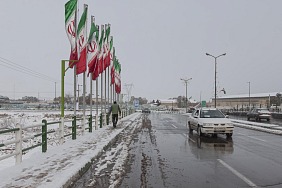Working remotely has become increasingly popular in recent years, and more and more companies are relying on remote employees to get the job done. However, managing remote employees can be challenging if you don't have the right strategies in place. To help tech-savvy managers better understand how to manage remote employees, this article provides tips and strategies for successfully managing remote teams.
Set Clear Expectations
It's important to establish clear expectations from the start when managing remote employees. Set expectations for what you expect in terms of communication, work hours, and deadlines. Make sure to communicate these expectations clearly and consistently with each remote employee. This will help ensure that everyone is on the same page and that everyone knows what is expected of them.
Provide Resources and Support
When managing remote employees, it's important to provide them with the resources and support they need to do their job. Make sure that they have access to the necessary tools and technology, such as the right software and hardware, to do their job. It's also important to provide remote employees with the support they need, such as a mentor or coach, to help them navigate any challenges they may face while working remotely.
Ensure Accountability
Another important aspect of managing remote employees is ensuring that everyone is held accountable for their work. Set up systems and processes to track progress and performance. This will help ensure that everyone is meeting their deadlines and that the team is working together towards a common goal.
Encourage Regular Communication
It's important to create a culture of open and regular communication when managing remote employees. Encourage remote employees to communicate regularly with each other and with their managers. This could include scheduled check-ins, team meetings, or one-on-one conversations. This will help to ensure that everyone is on the same page and that there are no misunderstandings.
Create a Sense of Community
Creating a sense of community among remote employees is key for successful management. Encourage remote employees to connect with each other on a personal level, even if it's just through occasional lunch meetings or video chats. This will help to create a deeper connection between remote employees and can help to improve team morale.
Be Flexible
Finally, it's important to be flexible when managing remote employees. Remote work requires a certain level of flexibility and understanding, and it's important for managers to be aware of this. Allow for some flexibility in work hours and deadlines, and be willing to work with remote employees to accommodate their needs.
By following these tips and strategies, managers can successfully manage remote employees and create an environment that is conducive to success.














